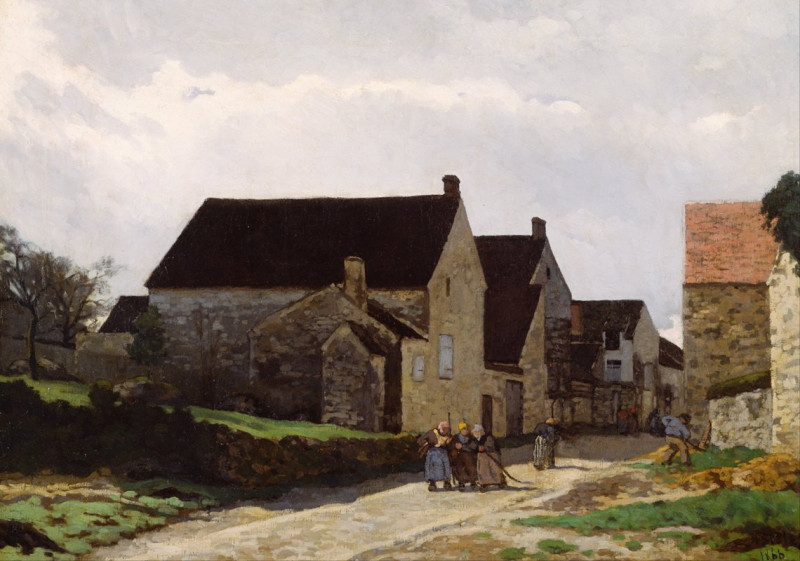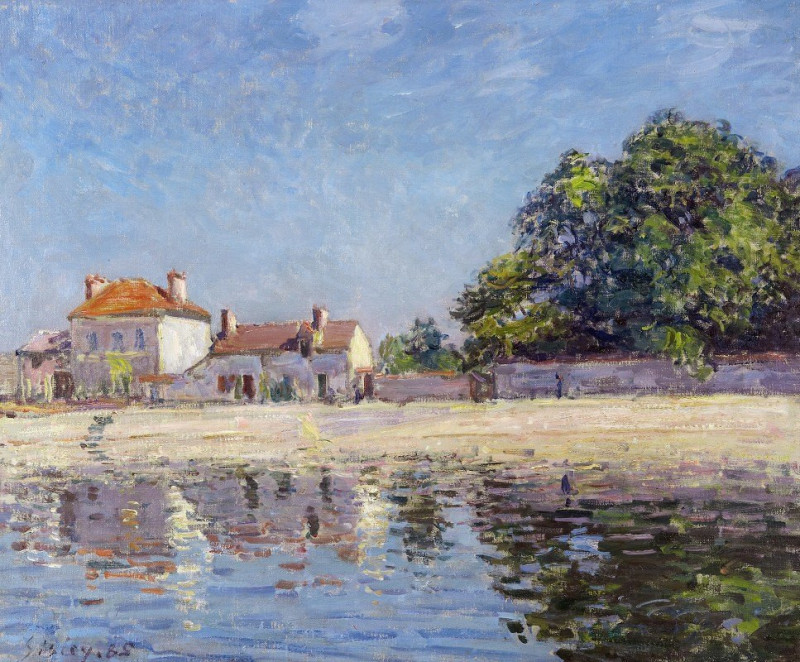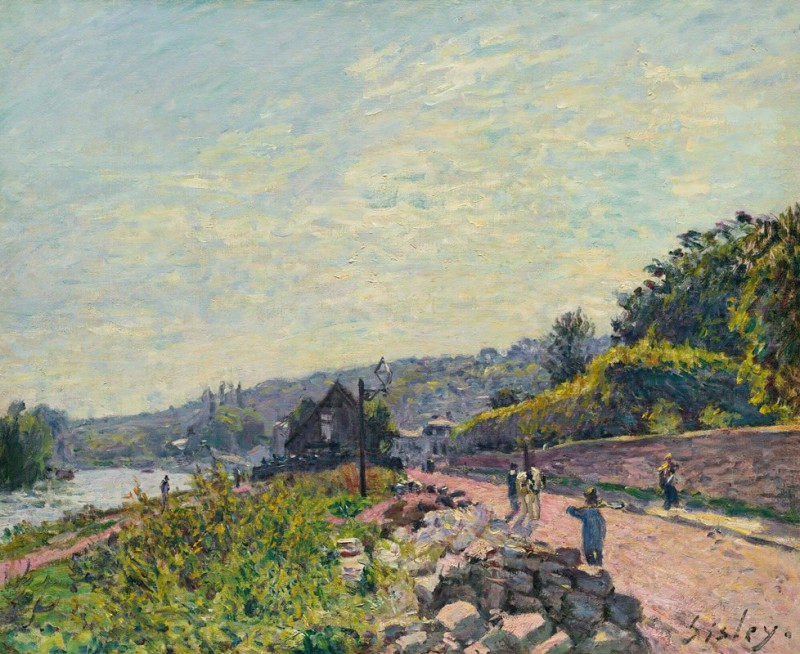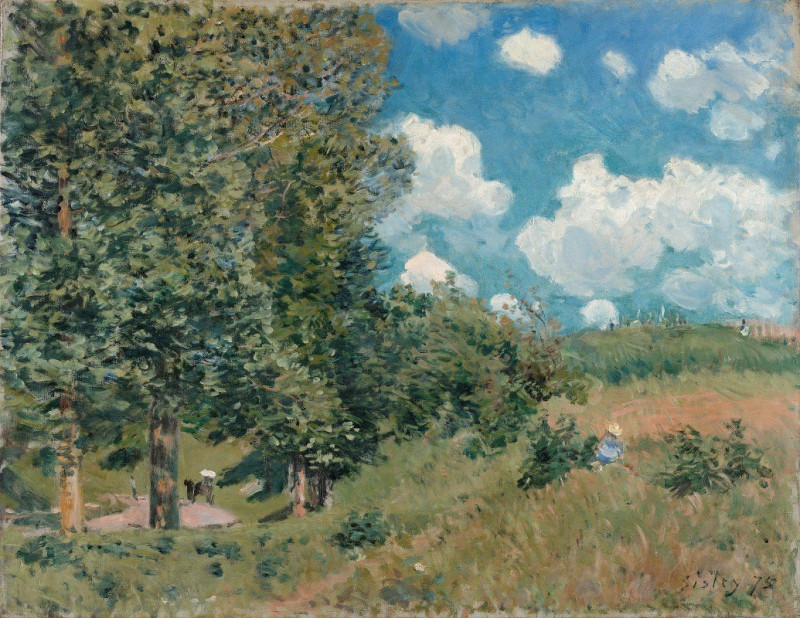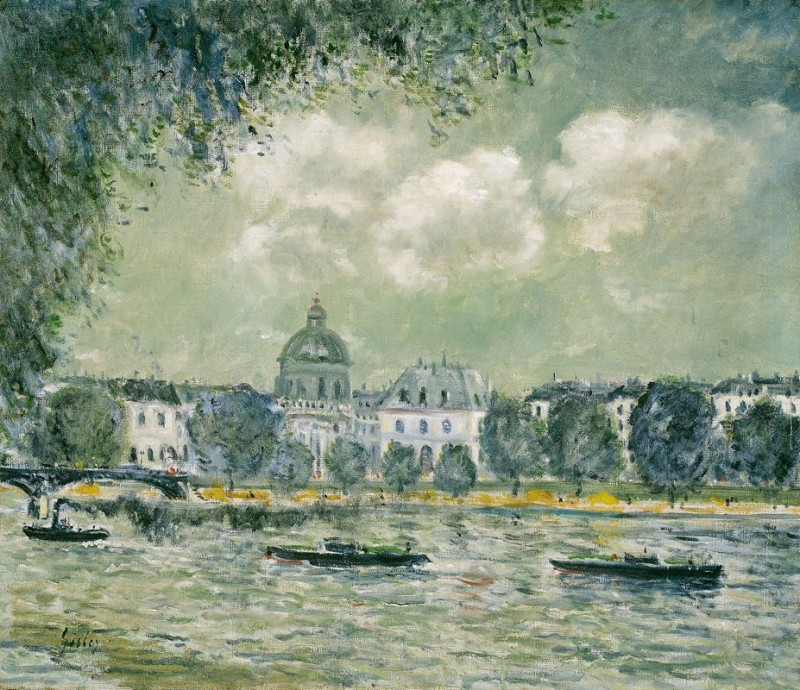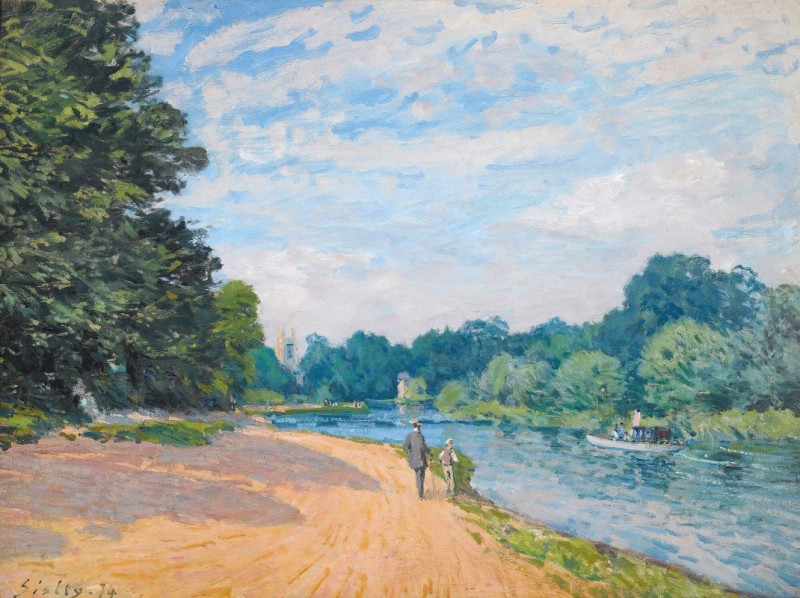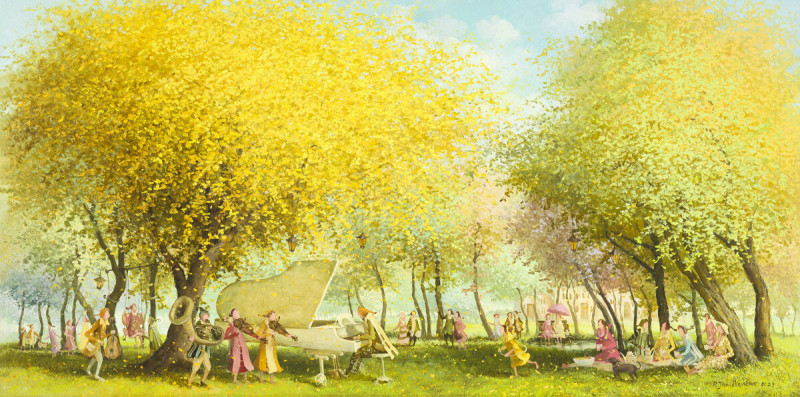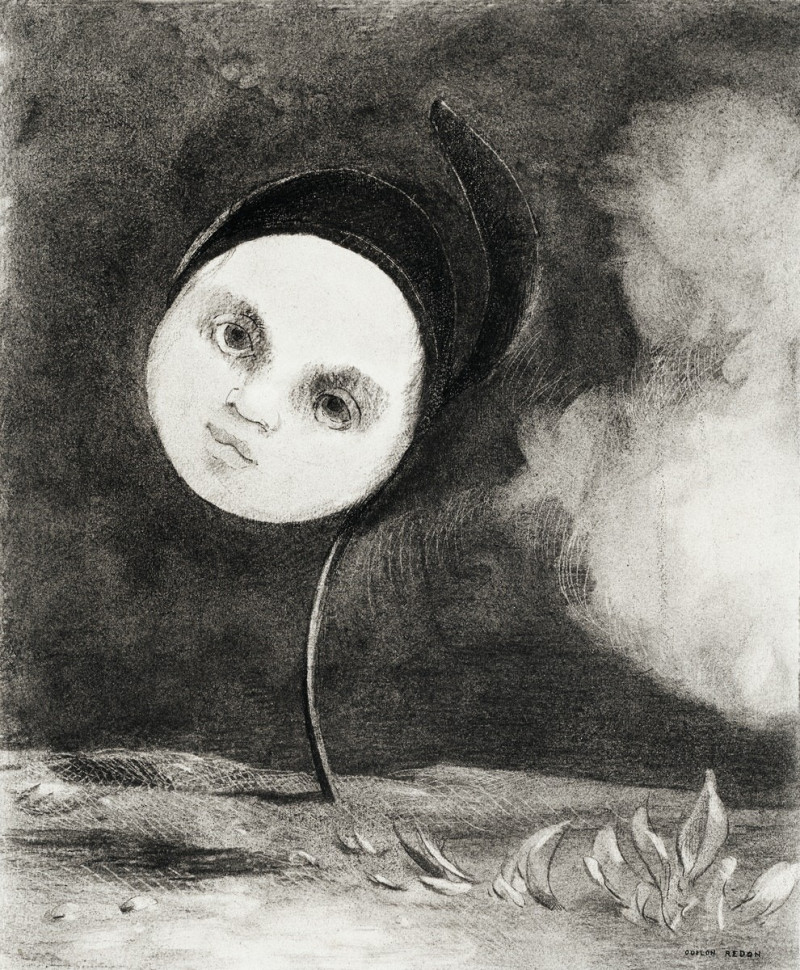Women Going to the Woods (1866)
More about this artwork
Delivery
Reproductions are made to order and take 5 to 7 working days.
We send them out by courier and delivery takes another two working days.
If you need a reproduction sooner, please contact us - we can usually find a solution and produce it a little faster.
If you don't want to pay for postage, you can pick up your paintings at our galleries in Kaunas or Vilnius.
Returns
Yes, reproductions can be returned.
If you have any doubts more than 30 days after the date of purchase, please contact us - we will take the reproduction back for a refund or offer you a replacement!
We accept a maximum of two returns per customer - please note that we make reproductions to order, so please choose responsibly.
We do not refund shipping expenses.
Alfred Sisley (1839–1899), an English impressionist artist, was renowned for his breathtaking impressionist landscape paintings. Born in 1839 to a wealthy family in Paris, Sisley spent most of his life in France. Despite being intended for a career in commerce, he rebelled and pursued his passion for painting as an amateur in the studio of Charles Gleyre, where he befriended artists Claude Monet and Pierre-Auguste Renoir. The financial loss of his family in the Franco-German War led Sisley to make a career out of his art, though it left him financially distressed. It wasn't until after his passing in 1899 that the true value of his work was recognized.

